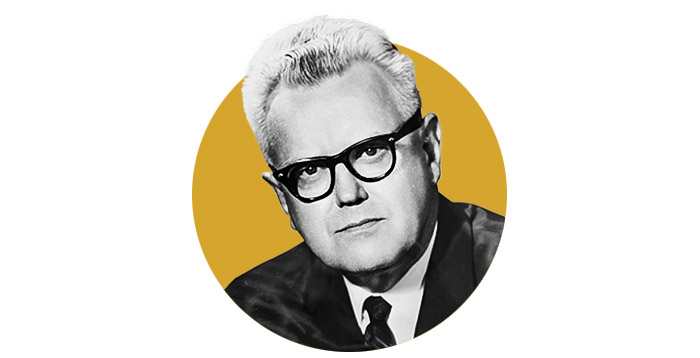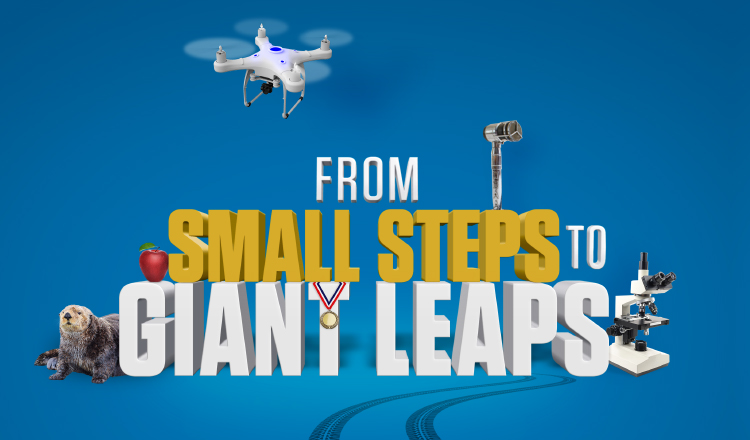Trailblazers
— PIONEERING WOMEN —
Helen Bass Williams
Williams became Purdue’s first black professor in 1968. She taught French, was a counselor in HSSE (Humanities, Social Science, and Education), and was the first black student coordinator. A civil rights activist, Williams was heavily involved in the movement, engaging in protests, participating in freedom rides, and registering blacks to vote throughout the South. She endured beatings and was jailed. But her tiny stature belied her power, and she continued her activism while at Purdue.
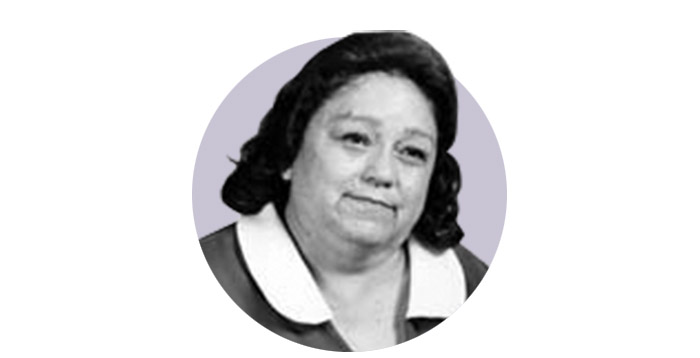
— PIONEERING WOMEN —
Emily Mobley
When Emily Mobley was appointed Purdue’s first dean of libraries in 1989, she also became the first black dean at the University. During her 15-year tenure as dean, she modernized the libraries with online databases and other digital resources and established the Digital Learning Collaboratory where students developed multimedia projects. She was the driving force behind a two-year renovation and modernization of Purdue’s largest library, the Humanities, Social Science, and Education Library located in Stewart Center.

— PIONEERING WOMEN —
Helen Schleman
Schleman came to Purdue in 1934 as the director of a women’s residence hall. After leaving to serve in the military, she returned to campus and became Purdue’s dean of women in 1947. A staunch advocate for women’s rights, she was a founder of the Span Plan, a program that encourages adults to pursue higher education. Schleman Hall is named in her honor.
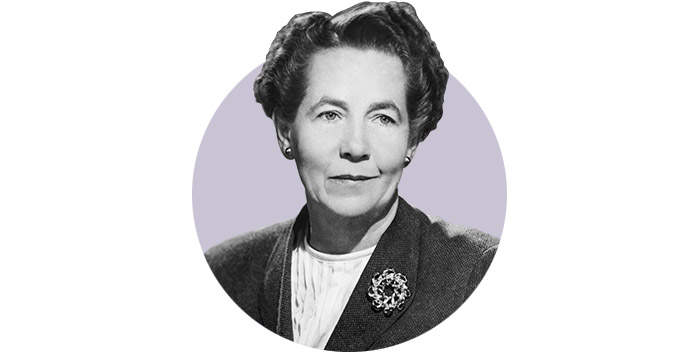
— PIONEERING WOMEN —
Virginia Claypool Meredith
Meredith was the first woman to serve on the Board of Trustees. She helped institute the study of home economics at Purdue in 1926. Her daughter, Mary Mathews, was the school’s inaugural dean. Meredith protested agricultural events that would feature a “women’s” building, arguing that all work should be intermingled. On her death in 1936, President Edward C. Elliot (HDR’47) stated: “Thus comes to an end a brilliant career of devoted service to the nation, the state, the university, and above all to the advancement of the place of women in our civilization.”
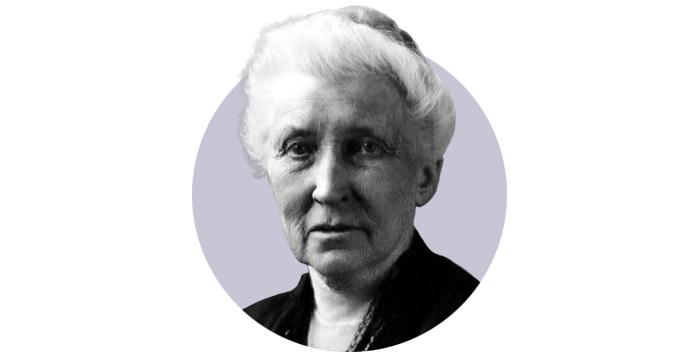
— TRAILBLAZERS —
A. Leon Higginbotham
Chief Justice on the Third Circuit Court of Appeals in Philadelphia, Higginbotham (-E’45,HDR’79) received the Presidential Medal of Freedom in 1995. When he enrolled at Purdue in 1944 at age 16, West Lafayette — like much of the country — was heavily segregated, and black students were not allowed to live in housing with the rest of the student body which at the time was composed of approximately 6,000 white students and 12 black students. When Higginbotham approached President Edward Elliott (HDR’47) to ask permission for the students to sleep in a section of one of the heated dormitories, he was rebuffed. He later credited this experience for motivating him to switch his college and career trajectory from engineering to law.
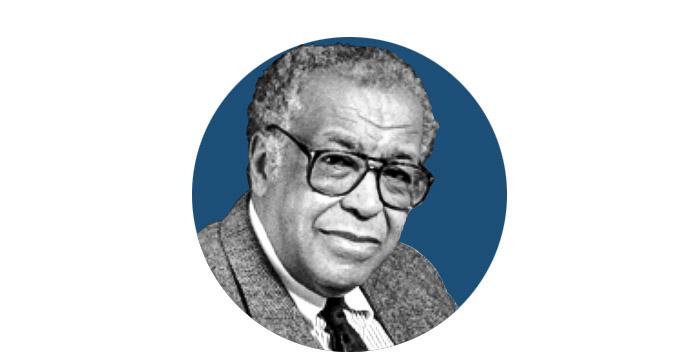
— TRAILBLAZERS —
David Robert Lewis
One of Purdue’s first black graduates, Lewis (CE’1894) started school at Purdue in 1886. He was one of only nine black college graduates from an Indiana college in the 19th century and one of the first black engineers in the country. His thesis, “Highway Road Construction,” included a review of European road building practices. Lewis went on to become an educator and businessman. In a letter to a colleague, Lewis wrote of what he wanted for his students: “To make each one think, to make him self reliant, to feel the responsibility of his own effort is a constant aim and endeavor.”
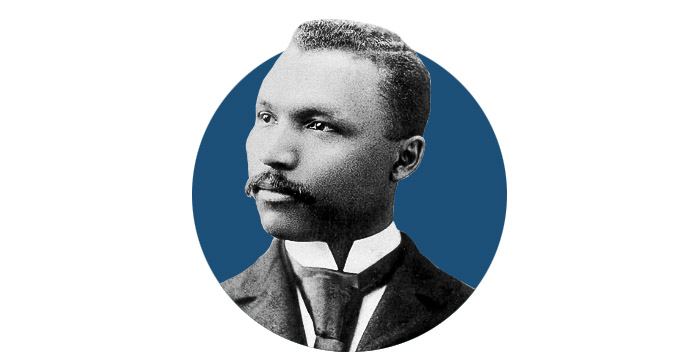
— TRAILBLAZERS —
David Ross
Ross (ME’1893) earned 88 patents throughout his career and his involvement with companies dealing with building materials and automotive mechanisms. He joined Purdue’s Alumni Committee in 1921, working to raise money to build the Memorial Union to honor Purdue graduates who died in World War I. With George Ade, he raised money for a new football stadium that now bears their names. He also donated money and land for Lambert Fieldhouse. As president of the Board of Trustees, he helped create the Purdue Research Foundation in 1930. He also donated 157 acres for the Purdue Airport.
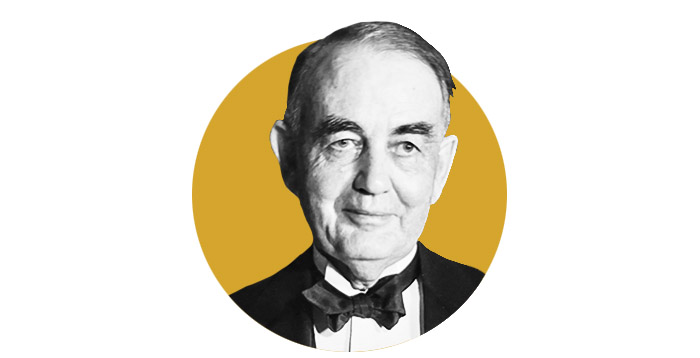
— TRAILBLAZERS —
Dr. Cornell Bell
For 37 years, Bell (PhD EDU’72, HDR M’07) headed the Business Opportunity Program, which was designed to create a more diverse student body. He helped recruit hundreds of undergraduate and graduate black students to campus. He also worked to increase diversity in schools of business across the nation. He received multiple awards for his work with students, showing compassion and caring. The Business Opportunity Program was named for him in 1996.
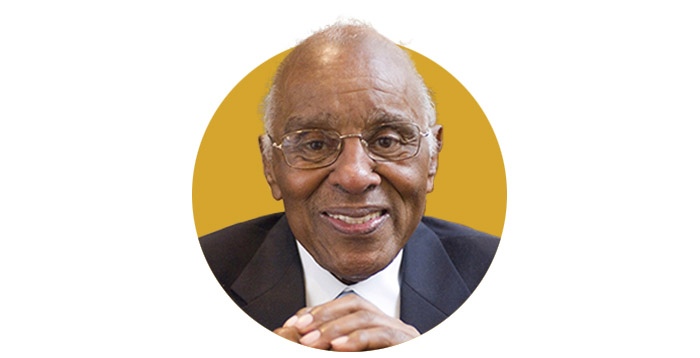
— TRAILBLAZERS —
R.B. Stewart
Stewart (HDR M’68), the University’s first vice president and treasurer who is credited by many with influencing the character and shape of Purdue University, was, among other things, an inveterate builder. Stewart, who came to Purdue in 1925 as chief business officer, spent 36 years building the University both fiscally and physically. He developed the fiscal management system for the University, which many of the nation’s of colleges and universities then adopted. In 1971, Stewart made a planned gift to Purdue by donating his home, Westwood. It has served as the President’s home ever since.
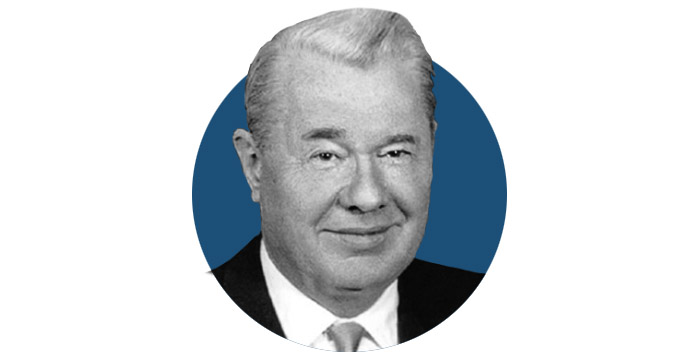
— TRAILBLAZERS —
Guy “Red” Mackey
A three-year football letter winner as a student, Mackey was an assistant football coach for 11 years before being named as athletics director, a position he held for 29 years. Under his leadership, Purdue was regarded as one of the top-rated, most proficiently run athletics departments in the nation. He was the principal force in upgrading facilities and moving the Boilermakers into the modern era of intercollegiate athletics. He initiated the construction of Purdue Arena, which opened in 1967 and was renamed in his honor in 1972. Ross-Ade Stadium was enlarged five times under his direction.
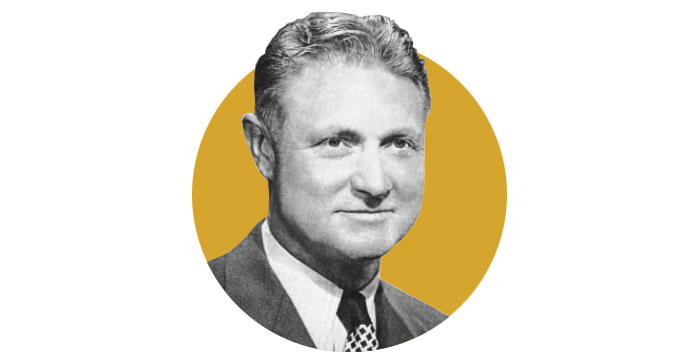
— TRAILBLAZERS —
Al Stewart
Stewart started Purdue’s Choir after a famous confrontation with then-President Elliott. Elliott even agreed to pay for choir robes after being impressed by a number of their performances. Stewart initiated the famous PMO Christmas show in 1933. Took the Varsity Glee Club to Carnegie Hall in 1942. He is famed to be the only staff member to ever swear at Elliott.
